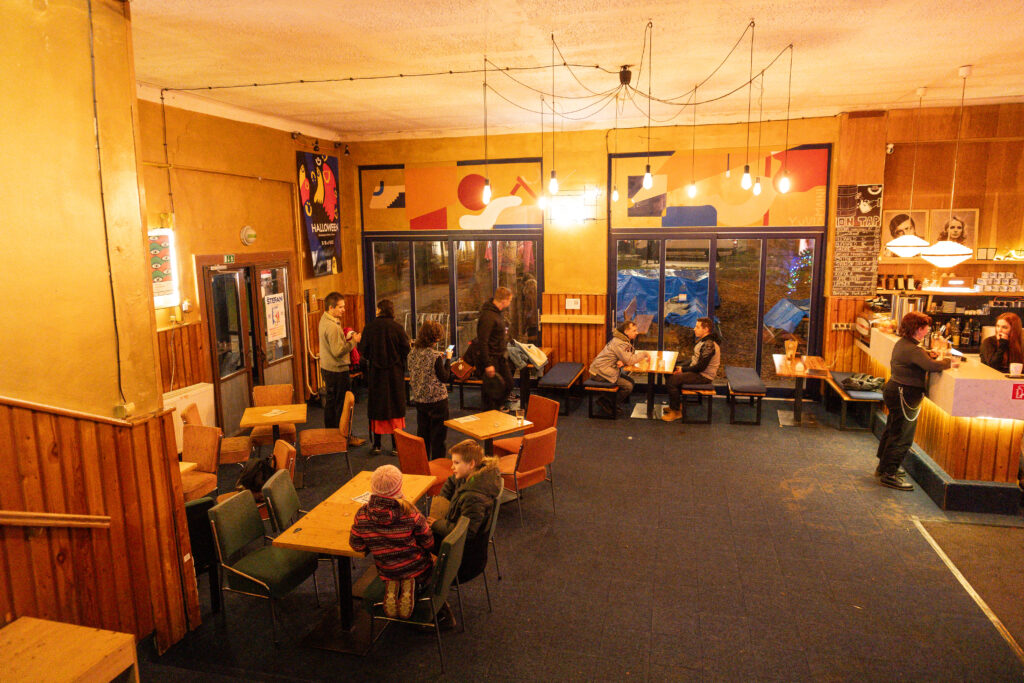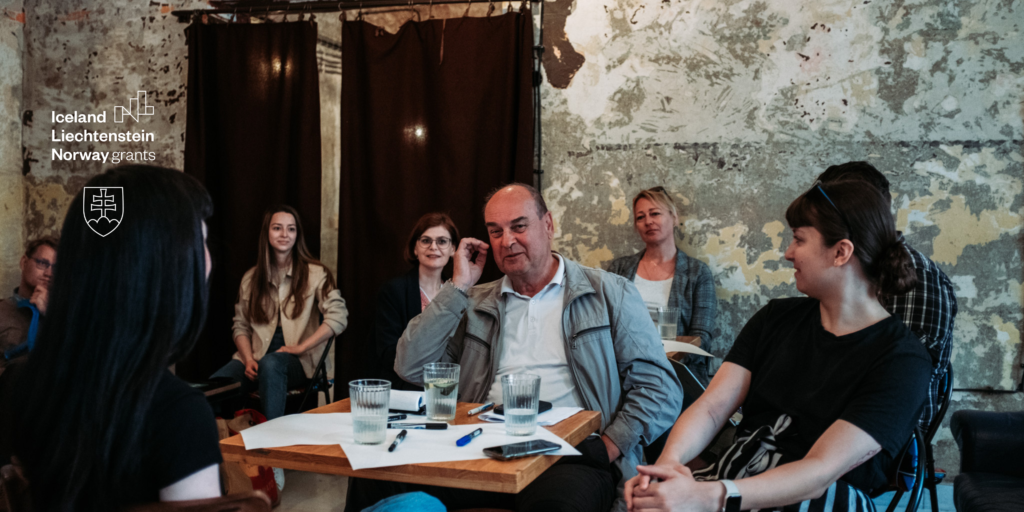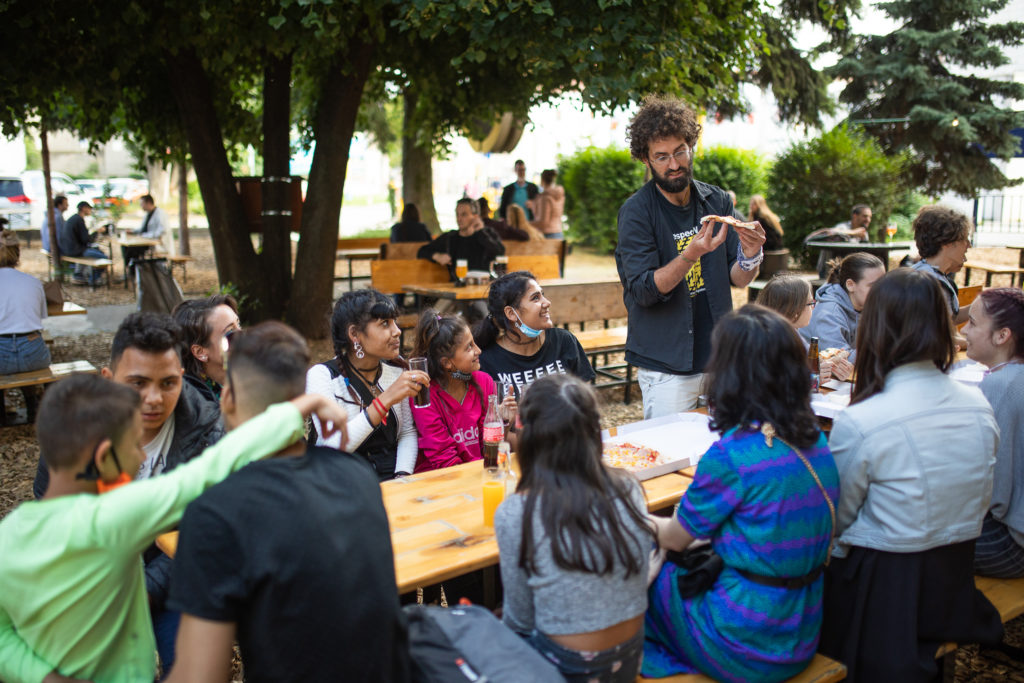SoliDARE

SoliDARE is a project between two partners, Kino Úsmev in Košice, Slovakia and the cultural institution Hnat Khotkevych Palace of Culture, based in Lviv, Ukraine. The main idea is to support cultural exchange, build respective audiences, share best practices and present the work of Ukrainian filmmakers in Central Europe. Activities Community screenings The cycle of […]
KÓSY KINO

The KÓSY KINO project focuses on building capacities and improving project partners’ programming and strategic skills. The goal is to contribute to their more open and inclusive functioning and to inspire other organisations in Slovakia, Iceland and Norway to take this step. The idea for the project arose in response to the intolerance, racism and […]
Otvorený Úsmev

The aim of the Otvorený Úsmev project was to launch an inclusive film education programme for children and youth, to support the internal development of the civic association CINEFIL and to make film screenings accessible to various vulnerable groups. Openness and inclusion are fundamental values that Kino Úsmev wants to promote and raise awareness of […]





